It’s 10 p.m., you’re curled up under the blankets watching Netflix, then—bam!—you need chocolate. Not want. Not mildly curious about. Need. Or maybe it’s chips, or ice cream, or that random jar of pickles hiding in the back of the fridge. Whatever the craving, it feels urgent and specific.
But have you ever stopped to wonder why? Why do we crave certain foods so intensely, and what is our body really trying to tell us? Let’s dig into the science behind cravings—and decode what yours might mean.
Common Cravings (And What They Could Mean)
🍫 Craving Chocolate
Chocolate is the most common food craving worldwide. Why?
- Possible meaning: Your body may be seeking magnesium, a mineral involved in energy production and mood regulation.
- Brain chemistry: Chocolate also triggers serotonin and dopamine release—the “feel-good” neurotransmitters.
- The twist: Cravings spike in stressful moments because chocolate is comforting and associated with pleasure.
💡 Healthy swap: Try dark chocolate (70%+ cacao) for more magnesium and less sugar, or snack on nuts, seeds, and bananas which also pack magnesium.
🍟 Craving Salty Foods (Chips, Fries, Pretzels)
Salt cravings are more complex than they seem.
- Possible meaning: Low sodium levels (rare but possible if you’re sweating a lot or dehydrated).
- Stress link: Stress hormones like cortisol can increase salt cravings.
- Brain wiring: Salt stimulates the brain’s reward pathways similar to addictive substances.
💡 Healthy swap: Air-popped popcorn with a sprinkle of sea salt, or roasted chickpeas for crunch.
🍞 Craving Carbs (Bread, Pasta, Pastries)
That loaf of bread calling your name? There’s science behind it.
- Possible meaning: Your body is low on energy, and carbs are the quickest source of glucose.
- Serotonin link: Carbs help boost serotonin, which explains carb cravings during stress, winter, or PMS.
- Fun fact: Research shows carb cravings peak in the late afternoon—hello, 3 p.m. slump!
💡 Healthy swap: Go for whole-grain toast with nut butter, or a baked sweet potato for long-lasting energy.
🍦 Craving Creamy or Fatty Foods (Ice Cream, Cheese, Fried Foods)
Rich, creamy foods are pure comfort—but cravings often reveal more.
- Possible meaning: You may need more healthy fats for hormone balance and brain function.
- Stress soothing: Creamy foods can mimic the comforting feeling of childhood favorites (think mac and cheese).
- Brain chemistry: Fats trigger dopamine release, making them extra rewarding.
💡 Healthy swap: Avocado toast, Greek yogurt with fruit, or smoothies with nut butter.
🍬 Craving Sweet Foods (Candy, Cookies, Cakes)
Sugar cravings are the hardest to shake.
- Possible meaning: Your blood sugar may be dipping after a carb-heavy meal.
- Sleep connection: Studies show poor sleep increases cravings for sugary foods.
- Emotional tie: Sweets are often linked to celebration and reward, making them an emotional comfort.
💡 Healthy swap: Frozen grapes, dates stuffed with almond butter, or fruit with a drizzle of honey.
🥒 Craving Sour or Pickled Foods
Ever find yourself craving pickles or vinegar-based snacks?
- Possible meaning: Your gut microbiome may be signaling for probiotics and fermented foods.
- Pregnancy link: Many pregnant people crave sour foods due to hormonal changes.
- Fun fact: Sour flavors stimulate saliva production, which can refresh your palate.
💡 Healthy swap: Kimchi, sauerkraut, or a squeeze of lemon in sparkling water.
Fun Facts About Cravings
- Time of day matters: Cravings often peak in the evening when willpower is lowest and stress hormones are higher.
- Gender differences: Studies show women report more frequent cravings than men, especially around hormonal cycles.
- Cultural quirks: In Japan, rice balls are a common comfort craving; in the U.S., it’s more likely pizza or burgers.
- Craving contagion: Watching someone eat your favorite snack (even on TV) can spark your own craving.
How to Outsmart Cravings (Without Deprivation)
Cravings aren’t “bad”—they’re messages. But you don’t have to let them control you. Here are science-backed strategies to manage them:
- Pause before you act. Wait 10 minutes—cravings often fade.
- Stay hydrated. Mild dehydration can mimic hunger and trigger cravings.
- Eat balanced meals. Protein + fiber = fewer spikes and crashes.
- Upgrade, don’t restrict. Swap in healthier versions that satisfy the craving without the crash.
- Sleep well. 7–9 hours of good sleep reduces sugar and carb cravings.
Final Bite
So, what do your cravings really mean? Sometimes they’re nutritional nudges, other times they’re emotional shortcuts your brain has learned over years of conditioning. Either way, understanding them is the first step to handling them.
Instead of fighting cravings, decode them. Your chocolate obsession might be a magnesium deficiency. Your salt craving could mean stress. And that late-night ice cream run? It might just be your brain’s way of saying you need comfort.
The next time a craving strikes, don’t beat yourself up—get curious. After all, your body might just be telling you a story you haven’t learned to listen to yet.
Learn more about providing the right nutrition for your body with our range of ebooks
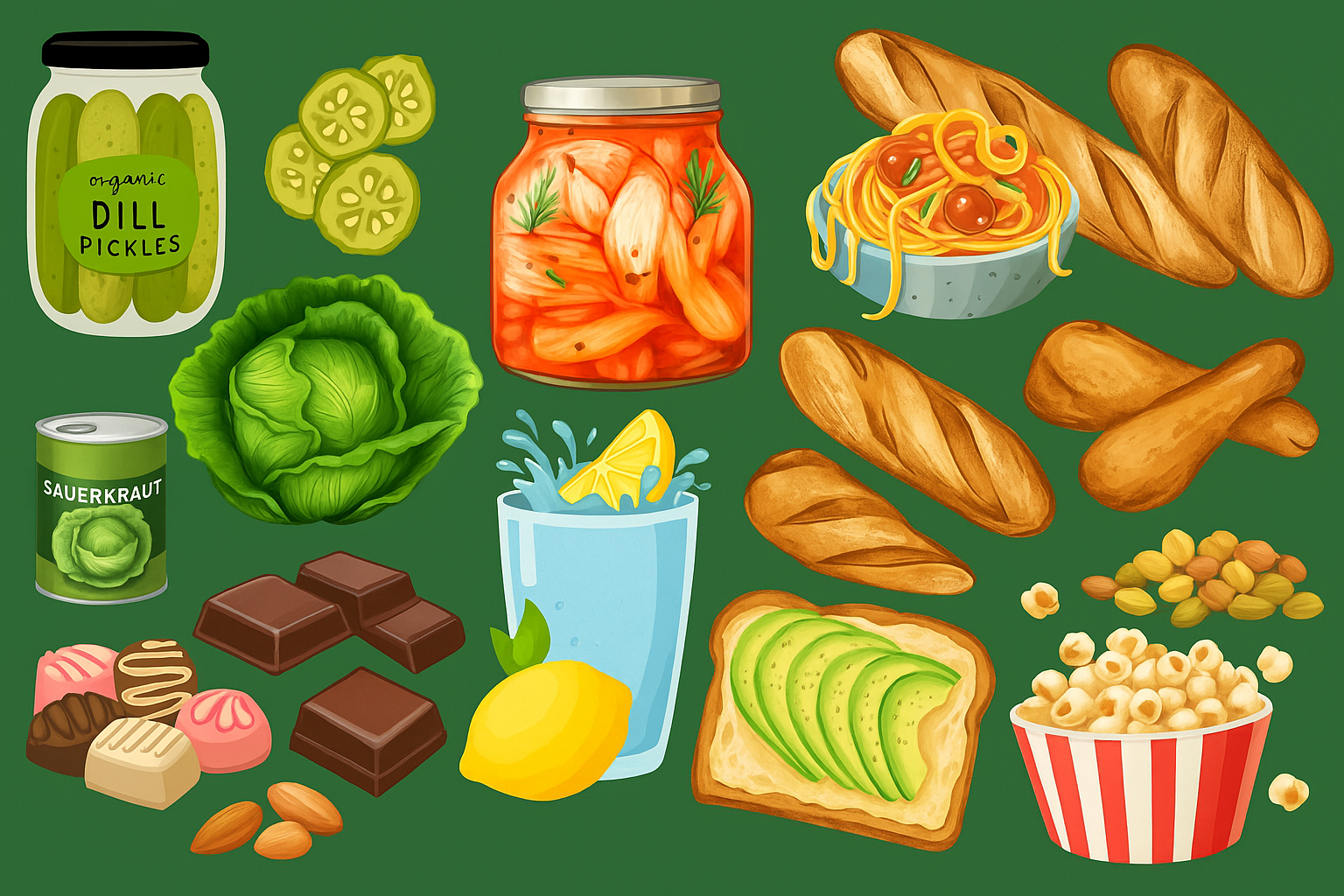
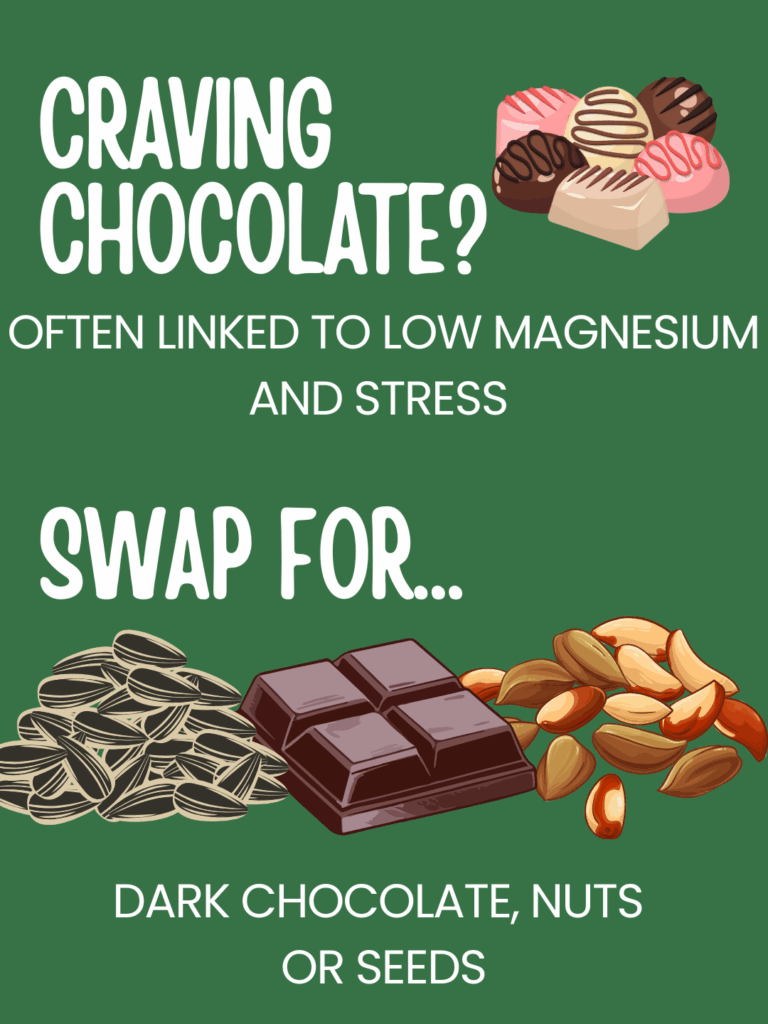
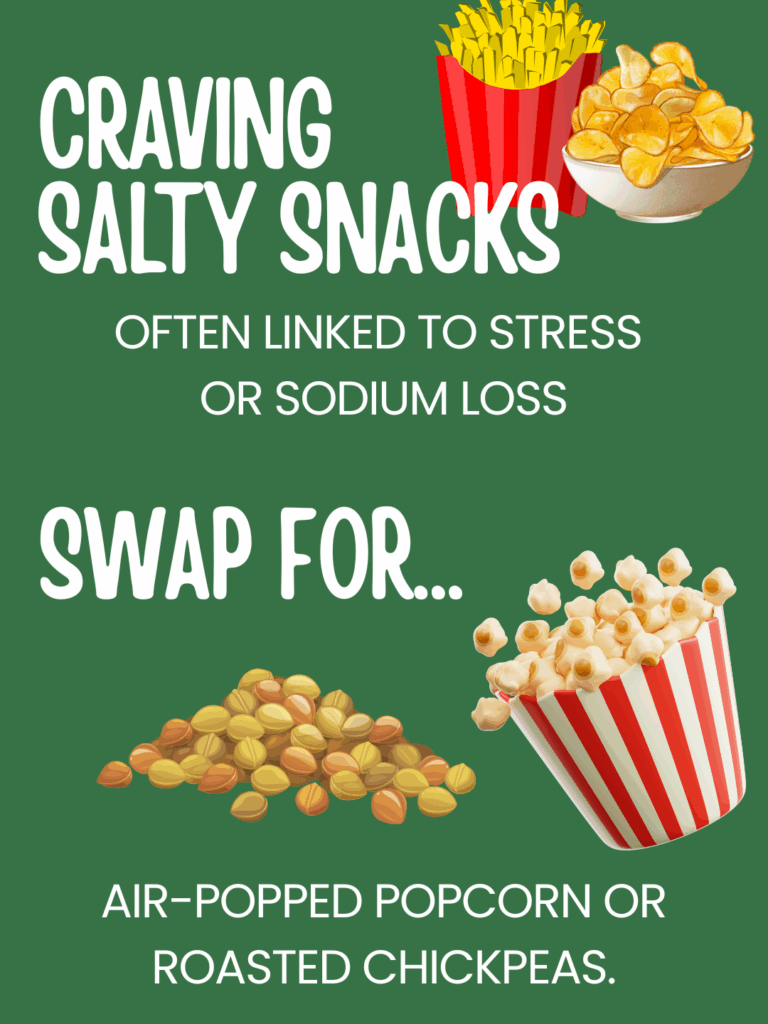
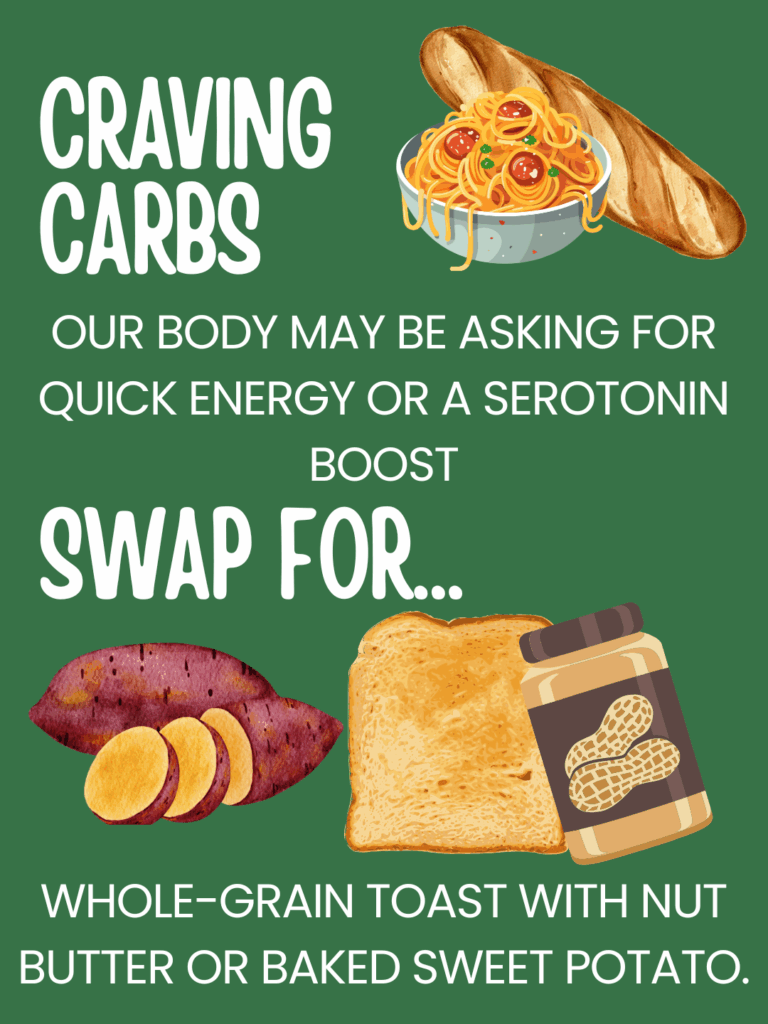
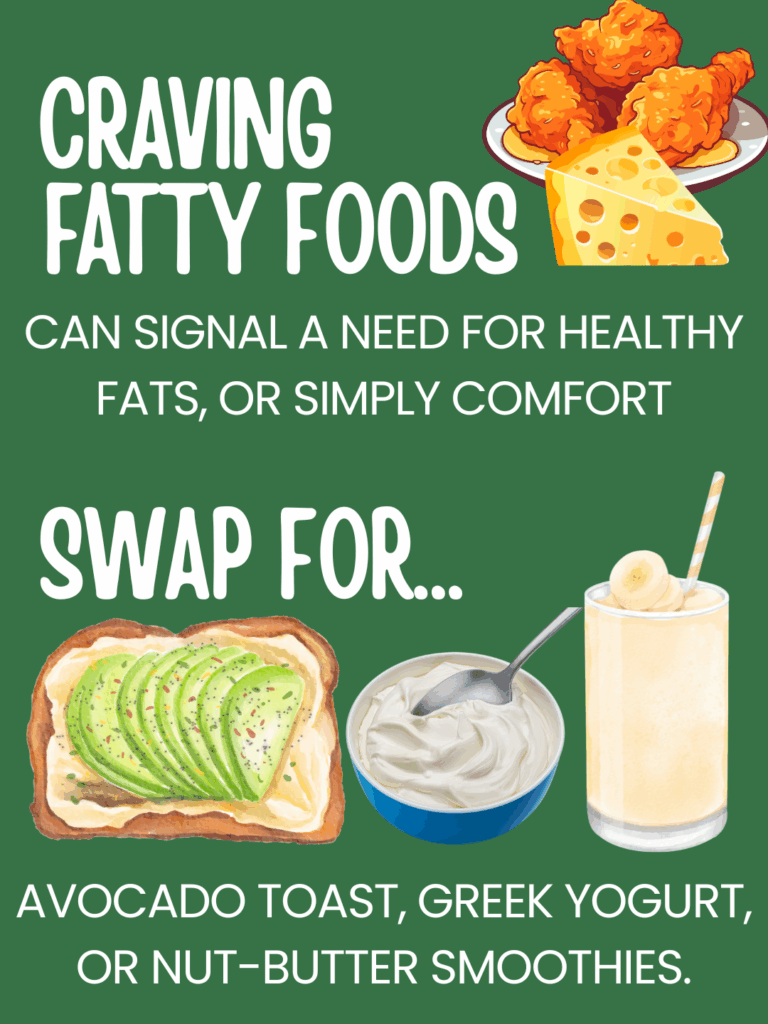
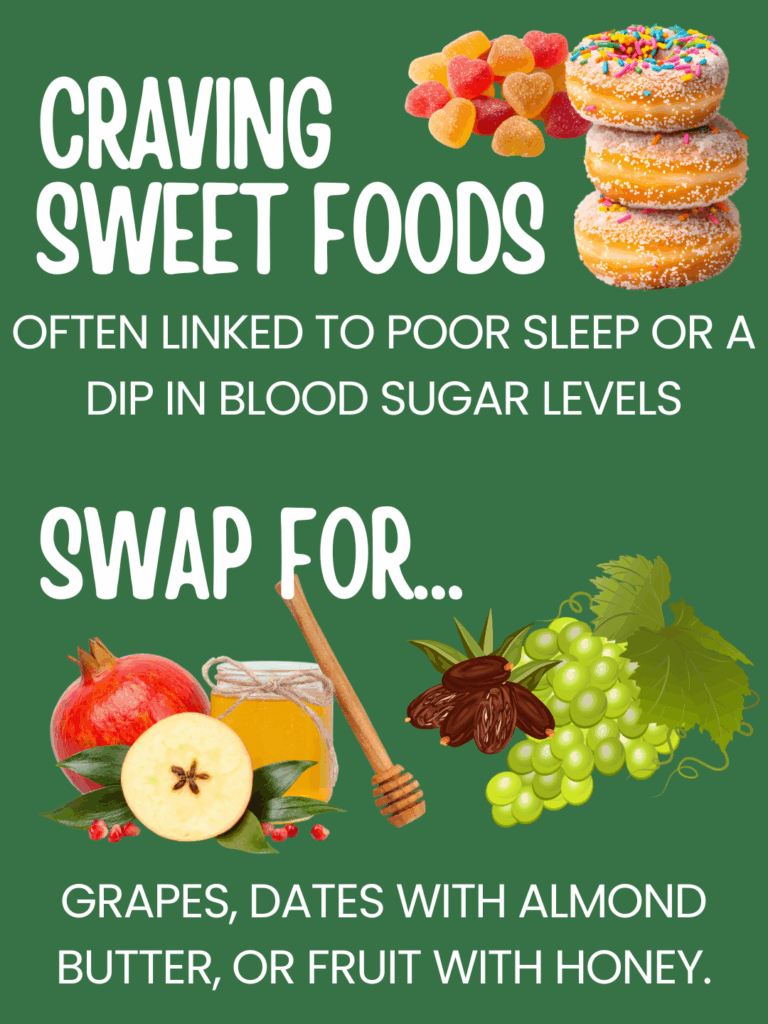
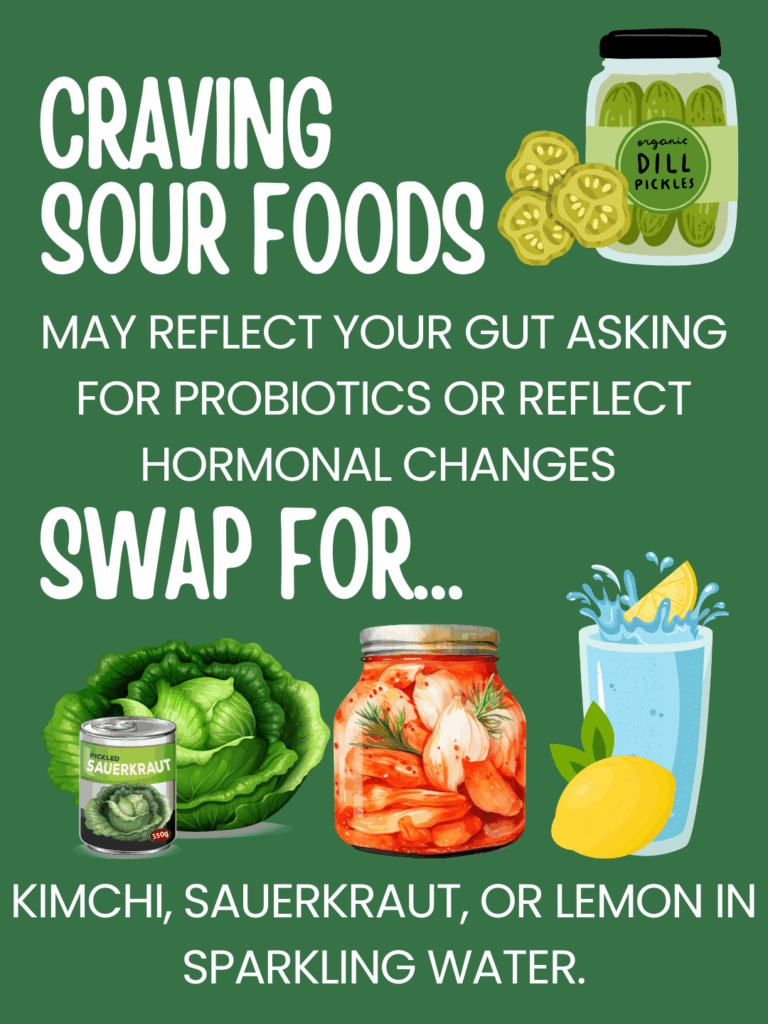
Leave a comment
You must be logged in to post a comment.